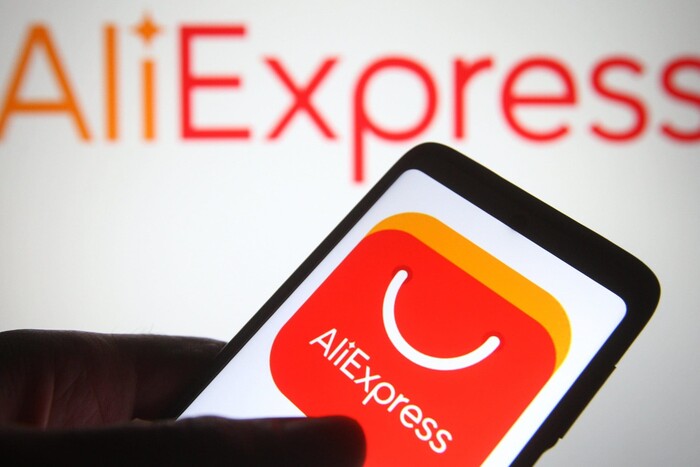
The Chinese company Alibaba, which owns the AliExpress marketplace, has stopped accepting rubles and does not allow deliveries to Russia. This was reported by the Russian media.
“Russian cards are no longer accepted, except for some banks, but most likely, Alibaba will simply return the money in a few days,” said Artem Bobtsov, an expert in the marketplace marketplace.
According to the expert, Russian buyers will now have to use schemes with Kazakh, Kyrgyz and Armenian cards. At the same time, for the physical delivery of goods to Russia, it will be necessary to resort to “some transit schemes,” which will lead to higher prices and the loss of “economic sense” in purchasing products on the marketplace.
Alibaba’s policy is primarily due to the threat of secondary sanctions, which have caused other problems with Russian payments in China, says economic expert Semyon Novoprudsky. According to him, the joint statement following the talks between Russian President Vladimir Putin and Chinese President Xi Jinping in Beijing says that the parties will make efforts to organize uninterrupted mutual settlements, but the document does not specify a specific mechanism for doing so.
“In the case of payments, it is known that China is trying to transfer them from Russian counterparties to small so-called regional rural banks. Since there are many such transactions and small credit organizations, companies from Russia, according to their own reports, sometimes have to wait for transfers to be processed for almost a month or more,” the expert said.
However, according to Novoprudsky, in the case of Alibaba, it is much more difficult to do so, as bank payments have more options than purchases on a specific marketplace.
In 2022, Alibaba stopped investing in its Russian subsidiary AliExpress. In 2023, the company’s revenue in Russia decreased by 36%. Difficulties with Russian payments in Chinese banks have been observed since December last year after the US Treasury Department received permission to impose sanctions on foreign banks that work with sanctioned persons from Russia or facilitate the supply of certain materials and equipment to the aggressor country.
As a reminder, the European Commission has initiated an investigation into possible violations of European legislation on digital services (DSA) by the well-known Chinese marketplace AliExpress. In particular, accusations may be made about the effectiveness of risk management and the required security level of tracking transactions.

